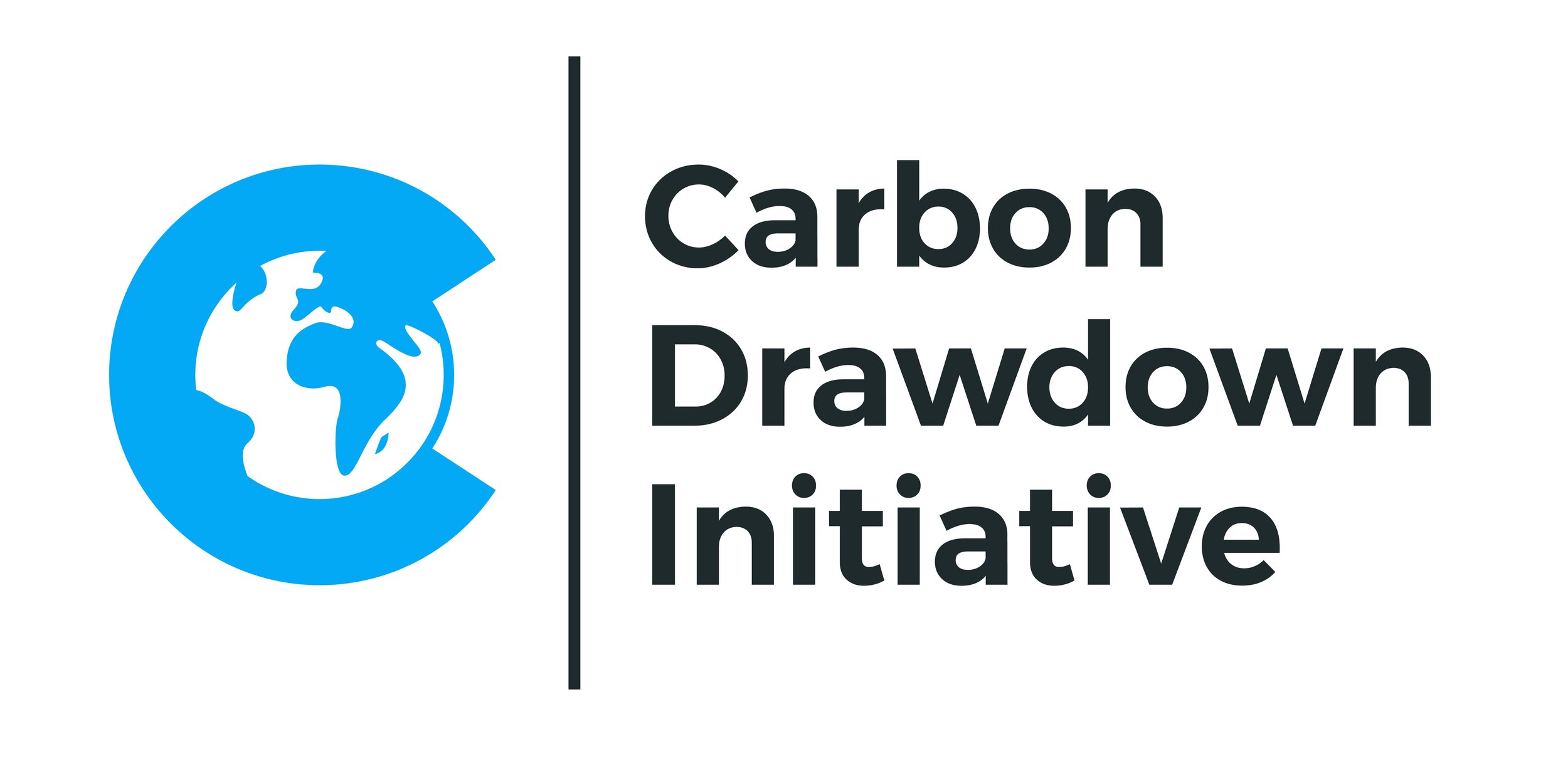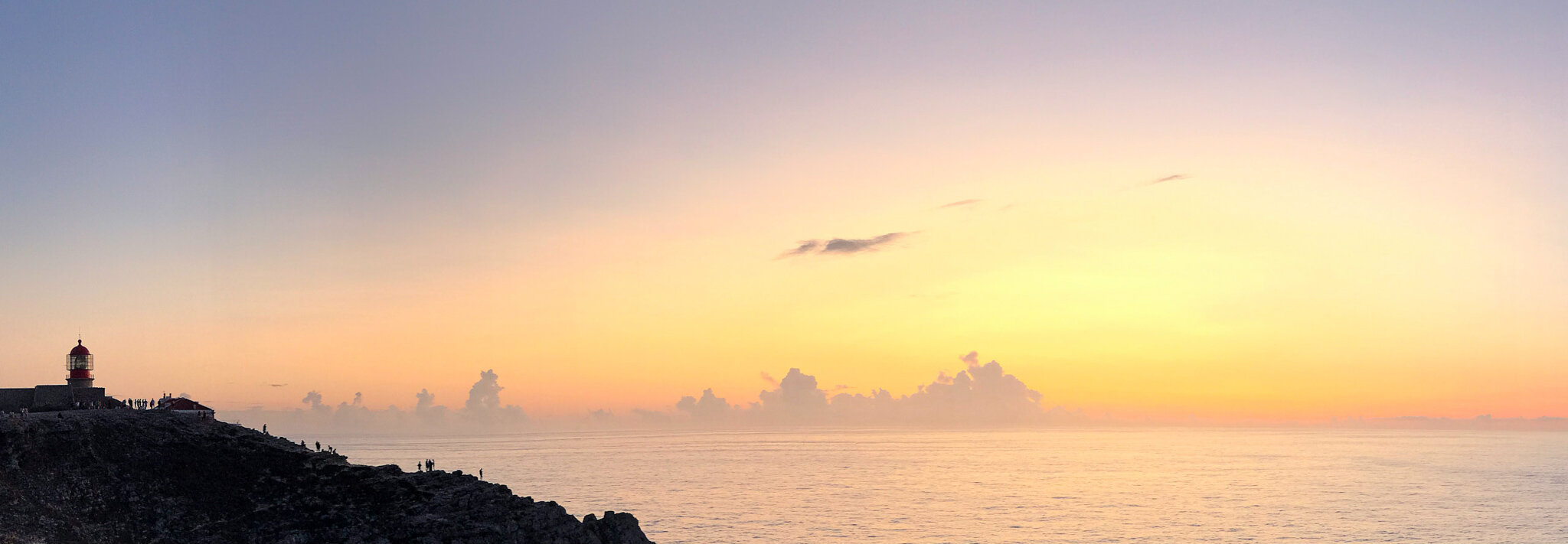What we do
To halt global warming, CO₂ must be removed from the atmosphere (see "Why Negative Emissions"). This critical process is known as carbon dioxide removal (CDR), with negative emissions being the intended outcome. Over the coming decades, humanity needs to build a completely new global CDR industry. According to a recent study by Boston Consulting Group, this industry must grow by 24-27% annually over the next 30 years to meet the projected global demand of CO₂ removal by 2050. While this is a daunting task, it aligns with the historic growth rates seen in the solar and wind industries.
However, there is a concerning lack of public understanding and support for this necessary expansion, putting us at risk of not moving quickly enough. The significant potential for clean-tech jobs, careers, and investment opportunities is also widely underappreciated or even unknown to most people.
As an independent, philanthropically funded organization, our mission is to help jumpstart and accelerate the emerging CDR industry. We have identified three key areas of focus: scientific research, policy advocacy, and early-stage funding for startups. Our approach is to tackle the challenges that others either cannot or are not yet willing to address. And we are doing this in collaboration with many others:
Overview of our collaborations (Dec 2024)
1. Scientific work
Alongside many others, we believe that enhanced weathering will become a crucial component of the CDR toolkit in the future. However, the CO₂ removal effects of enhanced weathering in soils are not yet fully understood and in-situ measurements continue to pose significant challenges.
Since 2019, we have contributed to this global scientific endeavour through multiple field and greenhouse experiments with extensive data collection. Our focus is on high-frequency lab measurements and continuous 24/7 monitoring using hundreds of electronic sensors in large-scale experiments spanning several years. Our aim is to identify which soil and rock combinations are most effective - or, in some cases, ineffective - at CO₂ removal.
There are three main field and greenhouse experiments, the latter likely being the largest EW experiment on the planet. We publish new data/results every few weeks in our blog.
For these projects, we collaborate with institutions around the globe:
Our experiments are conducted in partnership with scientists from universities in Hamburg, Erlangen, Mainz, Würzburg (all in Germany), Copenhagen (Denmark), Antwerp (Belgium), and Wageningen (Netherlands). We furthermore collaborate with respected national research institutes such as the Alfred Wegener Institute (Germany) and the Hellenic Agricultural Organisation DIMITRA (Greece).
We work closely with organisations like Cascade Climate, Isometric, and Ithaka Institute.
Our extensive research network also includes the scientific teams of over 25 CDR startups we have invested in (see below).
If you are engaged in the science of enhanced weathering as a climate solution, let‘s talk!
2. Policy
Beyond science, funding, and engineering, we believe that a robust framework of (inter)national regulations and incentives is crucial for the emerging CDR industry to flourish. This includes well-crafted certification schemes and clear definitions of what constitutes effective CDR with permanent storage.
As a result, we have co-founded and continue to support several policy and advocacy groups dedicated to promoting CDR initiatives:
Negative Emissions Platform NEP (EU policy, Brussels)
Deutscher Verband für negative Emissionen DVNE (German policy, Berlin)
Carbon Removal India Alliance CRIA (India policy, Delhi)
Enhanced Weathering Association EWA (EW industry association, globally)
If you are working on policies and regulations for the CDR industry, let‘s talk!
3. Impact Investments
The significant risks associated with climate startups that aim to develop groundbreaking technologies to address the climate crisis should be shouldered by the public. Unfortunately, this isn’t the case - at least not yet.
Through early-stage investments in startups focused on negative emissions, we bridge the critical gap until other, larger actors take on their necessary role. By doing so, we assume risks that few others are prepared to bear. Our goal is to advance the science, technology, and organizations essential for the carbon dioxide removal (CDR) industry as early as possible.
Since 2020 we have invested in more than 25 companies with more than 700 employees at the end of 2024, here are some of them:
| Company name | Employees (end of 2024) | What they do | Region(s) of activity |
| 4401 | 65 | Underground Carbon storage | Oman, UAE |
| Altitude Carbon | 5 | Carbon negative aviation fuel | globally |
| Carbonfuture | 40 | Digital Monitoring Reporting and Verification and Marketplace Infrastructure | globally |
| Climeworks | 480 | DAC | Switzerland, Germany, Iceland, USA |
| Co-reactive | EW | Europe | |
| Cotierra | Biochar | Latin America | |
| CREW Carbon | 10 | Carbon mineralization in water treatment plants | USA and Europe |
| Eion | 15 | EW | USA |
| Everest Carbon | Monitoring for EW | USA, EU, India | |
| Flux | 15 | EW | Africa, HQ in Kenya |
| InPlanet | 38 | EW | Brazil |
| Lithos Carbon | 25 | EW | North America |
| Planeteers | 15 | Carbon mineralization in water treatment plants | Germany |
| Octavia | 60 | DAC | Kenya |
| reverce | EW | Germany, Europe | |
| Sequestra | Carbon storage with ind. waste materials | Austria | |
| Silica | EW | Mexico | |
| Silicate | 10 | EW | Ireland and USA |
| Subtidal | 4 | Monitoring for mCDR | North America and Europe |
| Syntopa | 7 | Bacteria based speed-up of EW | North America |
| Tropicarbon | 10 | EW | Colombia |
If you are starting a new CDR related company, let‘s talk!
Read more about why we need negative emissions, who we are or follow our journey in our blog.
Please subscribe to our newsletter to get monthly-ish updates about our work!


